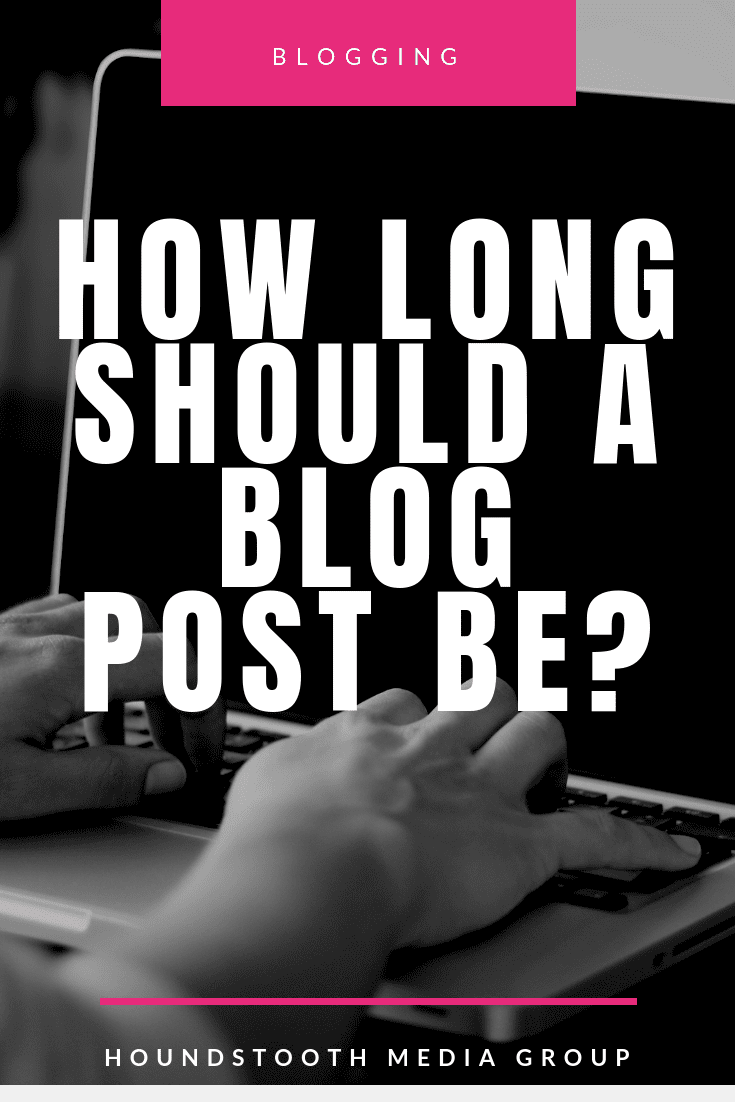
Blogging is an excellent way to drive traffic to your website. Businesses both small and large can benefit from creating content to attract customers as well as use in social media marketing. Creating well-optimized content can also rank your website in Google and direct organic traffic to your site. Creating blog posts that rank well in search and attract that valuable organic traffic is no easy task. One factor of good search engine optimization is blog post length. With SEO changing constantly, let’s explore the best length for blog posts in 2019.
Why Does Blog Post Length Matter?
The length of a blog post appears to correlate strongly with higher search engine rankings. Search engines like Google, Yahoo, and Bing use the content of a blog post to assess whether it is quality content and what keywords it should rank for. Current best practices in the SEO world suggest that longer content performs better in a search. Because search engines are trying to give users the most high-quality results to queries, search engines assume that longer content with well-optimized keywords will be most likely to answer the question the user was asking.
What is the Ideal Length for a Blog Post?
Most blogging experts recommend an ideal length of 1000-2500 words for a blog post. Yoast recommends a minimum of three hundred words in order to provide search engines with enough data to determine what the post is about. According to numerous studies, the most common blog post length for top rankings is 2000 words. However, how long a blog post should be can vary widely depending on subject matter and keyword. The writer must keep the user intent in mind. For example, a user searching for a recipe is not looking for a 2000 word write up on the recipe, rather a 300-500 word blog post would suffice. In contrast, a user searching for an explanation of nuclear fusion would be looking for a more exhaustive and therefore longer blog post.
How to Determine How Long a Blog Post Should Be
It is easy to determine the best blog post length for your content. The first step is to research the keyword you are trying to rank for. A simple search query can show you the blog post length of your competitors online. Your blog post should be at least as long as the posts you are trying to outrank. Another way to determine the best blog post length is to assess the length of the best performing content you already have on your site. Every audience, brand, and industry is different so looking at your most successful content will help you realize what you have that is already working.
The Bottom Line
The overall goal of any search engine is to provide the user with the very best results to their queries. Because of this content producers need to keep the focus on user experience. Writing a thorough and useful blog post using thoughtful keywords is ultimately the best way to rank in search results, far better than an arbitrary word count goal. For even more about ranking in search engines, explore Organic Search Results: How to Make Google Happy and Get Found Online.